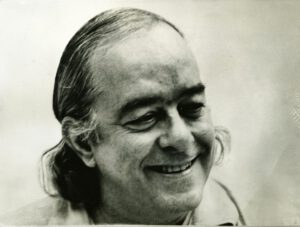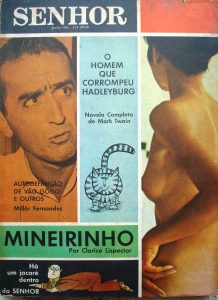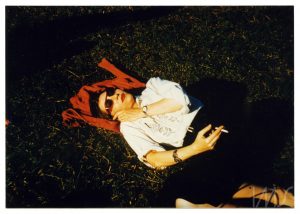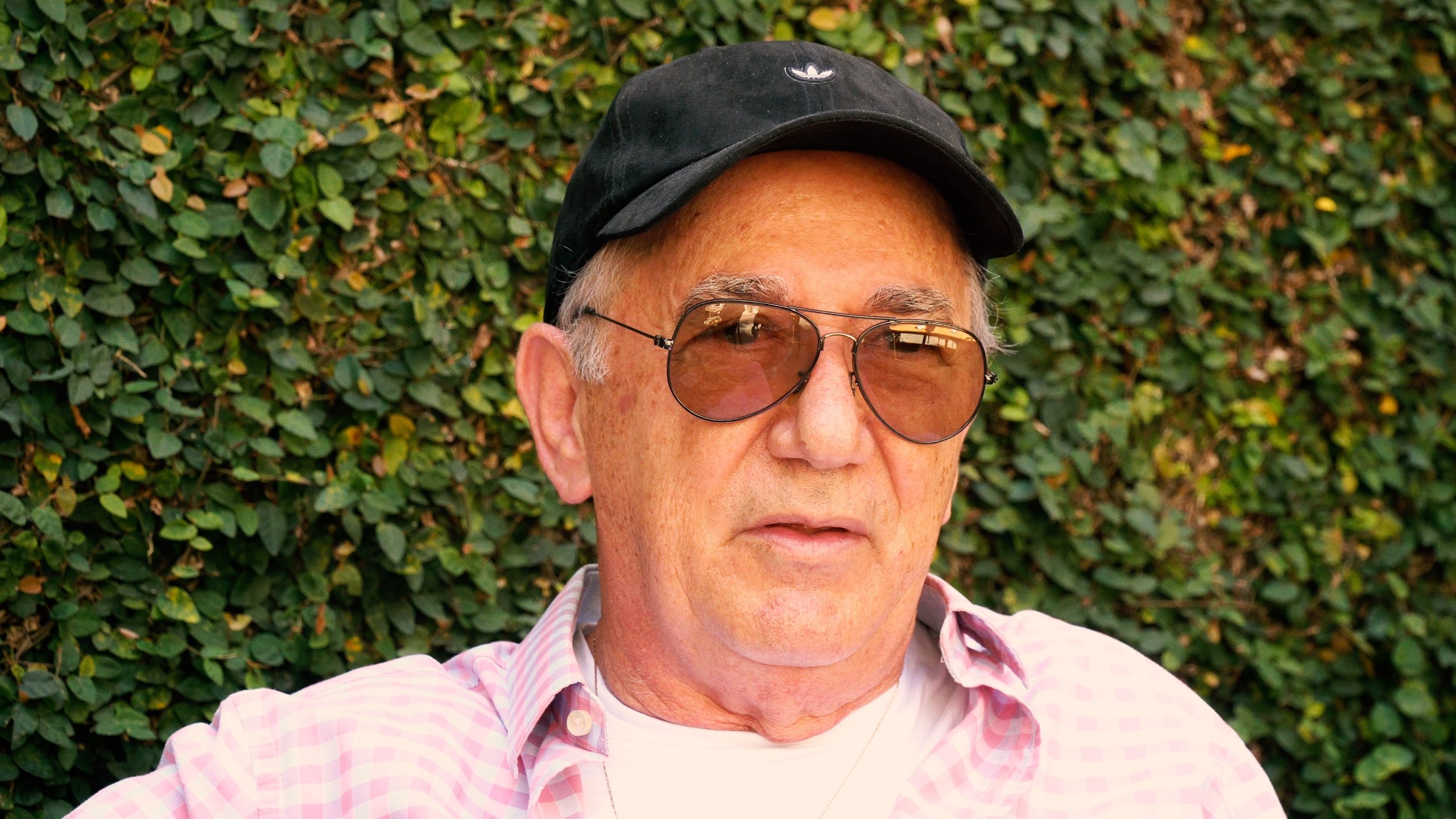IMS, Equipe. A frame for Clarice Lispector. IMS Clarice Lispector, 2021. Disponível em: https://site.claricelispector.ims.com.br/en/2021/09/16/a-frame-for-clarice-lispector/. Acesso em: 01 March 2026.
In the 1960s, the Spaniard Jaime Vilaseca was a carpenter in Rio de Janeiro until a fateful encounter with Clarice Lispector, for whom he had gone to make a bookcase in her apartment in the Leme neighborhood. The writer had silently watched him working during those days, and when the furniture was finished, she looked at him and said: “You’re going to be a framer.” Faced with the man’s hesitation, she completed the prediction: “You won’t escape your destiny!” Since then, for over fifty years, Jaime Vilaseca has lived off this profession, for which he is renowned, besides having become a curator and owner of an art gallery. In this conversation with the poet Eucanaã Ferraz, the framer talks about his friendship with Clarice Lispector and tells his stories that served as a source of inspiration for texts by the writer, such as the famous short story “The First Kiss,” from the book Covert Joy.
See also
 by Matildes Demetrio dos Santos
by Matildes Demetrio dos Santos
In addition to confirming the value of the biographical genre as a privileged means to meet the demands of a curious public about the past of famous personalities, Teresa Montero challenges the genre’s conventions by reconstructing the family life, personal experiences, friendships, and creative process of Clarice Lispector, an author who, with all her strengths, gave life to her vocation for literature as a fatality and a salvation.
 by Bruno Cosentino
by Bruno Cosentino
In the interviews done by Clarice there is a sort of unsuitableness for the job with respect to journalistic technique. With Vinicius de Moraes, her first approach sounds like a provocation: “Vinicius, have you really ever loved anyone in life?”
 by Elizama Almeida
by Elizama Almeida
Mineirinho, one of the Rio de Janeiro police’s most wanted criminals during the 1960s. José Miranda Rosa earned this nickname, naturally, for being born in the state of Minas Gerais.
 by Equipe IMS
by Equipe IMS
The film Clarice's Days in Washington captures a very different and decisive moment in the life and work of the writer, when she lived in the American capital with her family, between 1952 and 1959. In addition to a significant number of unpublished photographs – which record her domestic environment and interactions with friends – there are precious images filmed during a public event, in which the writer, her husband Maury Gurgel Valente, their son Paulo, in addition to friends of the couple appear.
 by Jorge Carrion
by Jorge Carrion
The Spanish writer and critic Jorge Carrión recently published, in The New York Times, an essay about the life and work of Clarice Lispector.
 by Lilian Hack
by Lilian Hack
That was the first sensation which I had when I saw Clarice’s paintings: my whole body shivered in a flush that was shared with these two women who worked every day at the archive. A kind of slip, a discomposure, a “human dismantling.” As Clarice wrote, “She needs to move her whole boneless head to look at an object.”







